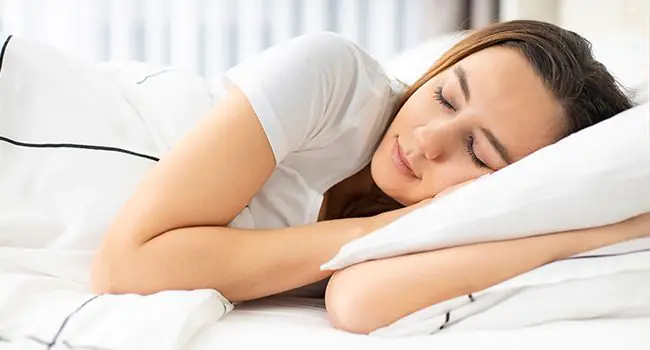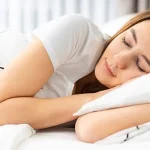Over 90% of glaucoma cases in India go undiagnosed, which means a significant portion of patients with this disease must succumb to irreversible blindness. Unfortunately, there are 12 million cases of glaucoma in India in patients over the age of 40. However, the good news is that if caught early, doctors can prevent the progression of vision loss. New studies indicate that there is a significant relationship between sleep and glaucoma.
Sleep and Glaucoma: What’s the Link?
A study published in the Journal of Glaucoma revealed that patients with poor sleep habits were more prone to developing glaucoma than those with healthy sleep patterns. The study evaluated the responses of 6,800 patients to find:
- People who slept over 10 hours a night were 3x more prone to developing disc-defined glaucoma.
- People who take 0-9 minutes to fall asleep and those who take over 30 minutes to fall asleep are 2x more prone to developing glaucoma.
Additionally, the study reports that poor sleep habits can also contribute to the development of Visual Field Defects (VFD) – impairment of vision in certain spots or blind spots. In fact, the odds of developing VFDs are higher in people who sleep fewer than 3-4 hours or over 10 hours per night.
Why Does Sleep Affect Glaucoma?
Sleep affects multiple ocular functions, which can contribute to the development of glaucoma. This is because:
- When you sleep, your eyeballs experience high pressure because of the way the fluid drains out. High pressure over an extended period can contribute to glaucoma.
- Your blood pressure is low when you sleep, which decreases the rate of blood flow to the optic nerve.
- If you suffer from sleep apnea, you probably stop breathing periodically while asleep. This leads to lower oxygen levels reaching the optic nerve, which can cause glaucoma.
Sleep Aids Safe for Glaucoma
Sleep is one of the most talked-about topics in the field of neuroscience as scientists are now discovering that a lack of proper sleep can contribute to mental health issues, issues with physiology and even memory. With one of the most prominent concerns being that sleep can impact glaucoma, it is imperative to identify resources that can improve sleep, thereby preventing a host of problems.
While there are plenty of resources available, your first step should be to speak to your ophthalmologist and primary care physician to rule out any underlying problems that may be leading to sleep difficulties or lack of vision. If your lack of sleep is not caused by an underlying disease, you can try the following sleep aids safe for glaucoma:
- Mindfulness Meditation:
Mindfulness meditation allows you to focus solely on your breathing, letting your mind and body relax and drift off to sleep. There are many apps that can help you with this.
- Sleep Hypnosis:
Sleep hypnosis can help you fall into a deep sleep while also helping with other problems such as anxiety.
- Supplements:
You can speak to your physician about adding melatonin supplements to your diet (right before bedtime) to ensure you fall into a deep and restful slumber. On a similar note, you can explore alternative medicines such as lavender essential oil (which is claimed to promote sleep) if you do not want to consume supplements.
- Health Trackers:
Most health trackers available in the market today monitor the wearer’s sleep patterns overnight. They can tell you how many hours you’ve slept, along with the time spent in REM sleep. Using these trackers can help you collate data that you can show your physician to receive advice.
With studies now indicating that there is a relationship between sleep and glaucoma, it is essential to enhance your sleep quality. If you have been experiencing any inconsistencies or abnormalities with your vision, please get in touch with our experts at Centre for Sight. With advanced diagnostic tools and innovative technology, our doctors can offer you the most effective treatment.
Article: Is There a Relationship Between Sleep and Glaucoma?
Author: CFS Editorial Team | Mar 23 2021 | UPDATED 02:00 IST
*The views expressed here are solely those of the author in his private capacity and do not in any way represent the views of Centre for Sight.





